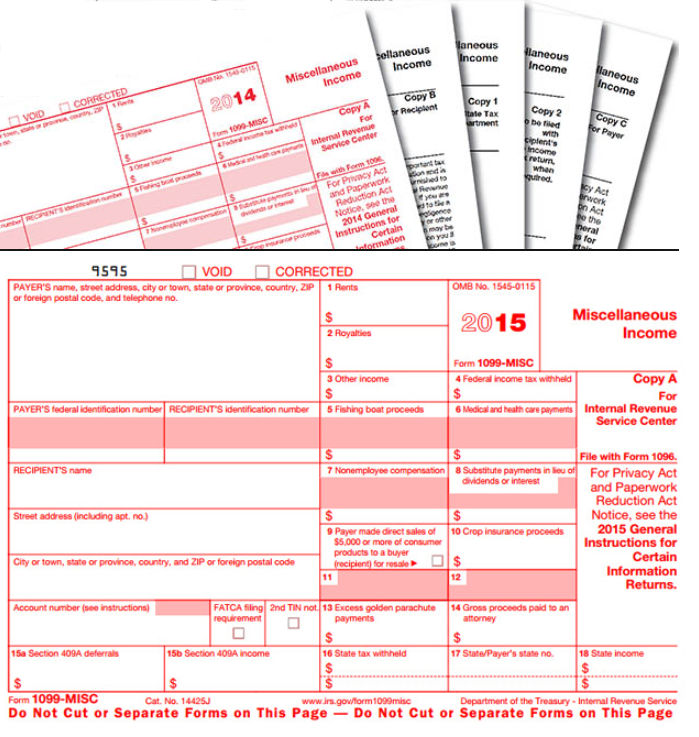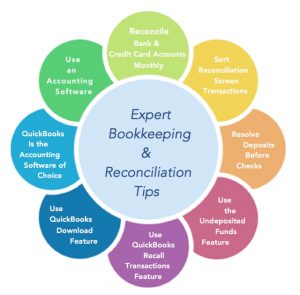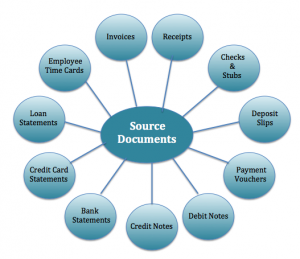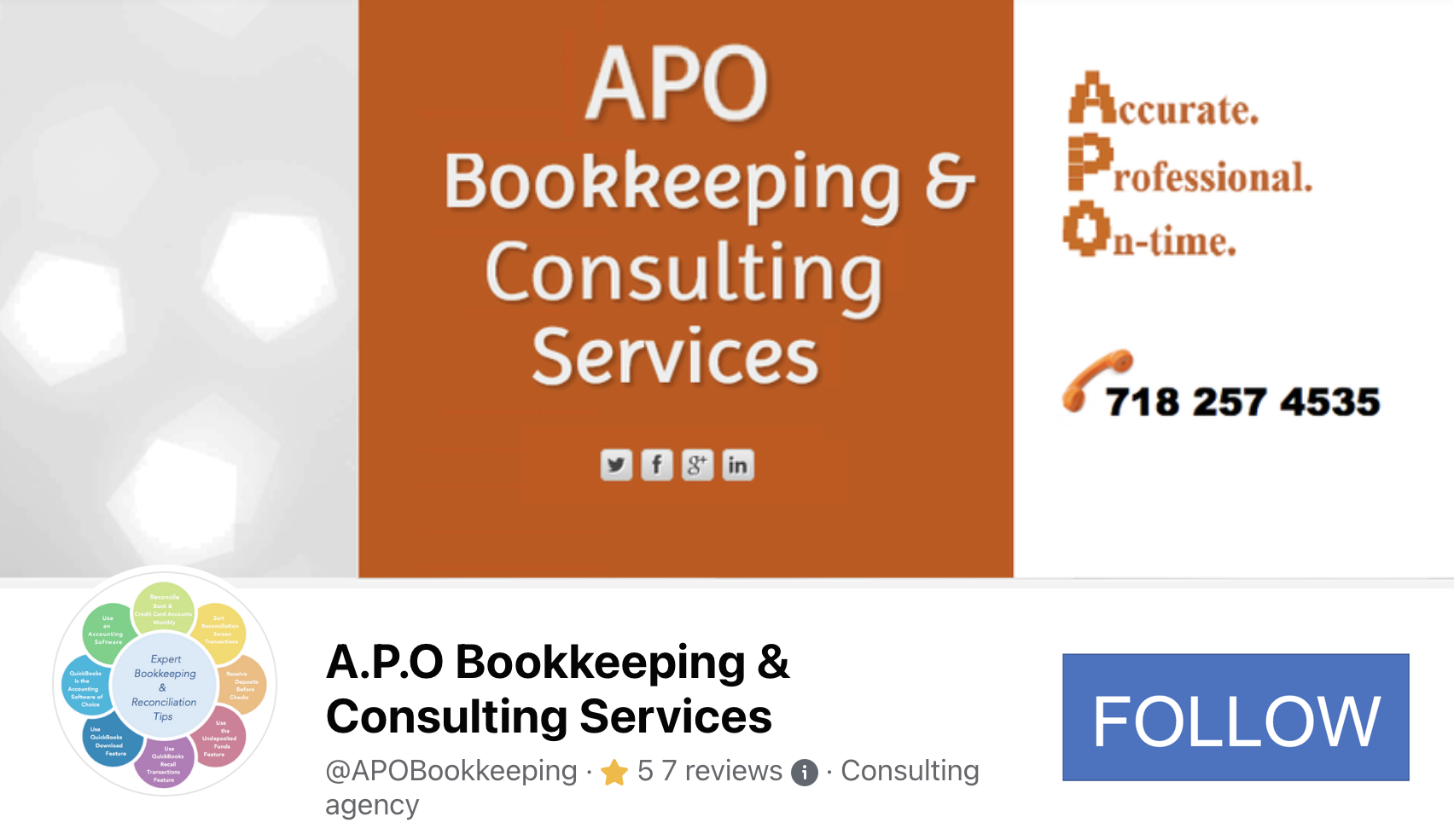1099’s: Keeping a Tab and Ensuring Compliance
As with many tax forms 1099’s can be pretty confusing, especially now with more rules – and exceptions. There are multiple 1099 types as well as forms to accommodate them, but the most commonly used is the form 1099-Misc. As such, we will focus on the 1099-Misc. Here is a shortlist on the things that you need to know about 1099-Misc – and ensuring you are doing things right.
NOTE: The deadline for filing 1099 Misc Forms (Box 7 – Non-employee Compensation) has changed effective immediately, and the new deadline is January 31st following the reporting tax year. So, the deadline to file your 1099’s for 2020 tax year is January 31, 2021 – the same date you need to issue your 1099’s to your independent contractors by. If you do not have amounts in Box 7, then the deadline remains February 28th for paper filings or March 31st for electronic filings. (See 2020 1099 Misc Form instructions on IRS website)
WHO IS ELIGIBLE FOR A 1099
- All subcontractors you have paid $600 or more to in a calendar year using any payment methods excluding credit card, debit card, gift card, or third-party payment network such as PayPal.
- All service-based businesses that is NOT incorporated
- An LLC or an LLP business may or may not be eligible. Follow the rule “when in doubt, send it out” to be on the safe side
- Unincorporated Accountants and Lawyers are eligible; do not let them tell you otherwise
WHO IS EXCLUDED FROM RECEIVING A 1099
- Corporations
- Anyone you have paid with a credit card, debit card, gift card or a third party payment service like Paypal
- Any company you have purchased a product from, such as office supplies, computers, etc.
- Employees
Related: Employee (W2) vs Independent Contractor (1099)
HOW TO FILE A 1099
-
- The first step is requesting a completed and signed W9 form from your eligible vendors. The W9 form can be downloaded here and should be issued and collected BEFORE you make any payment to those vendors who are within the specified threshhold.
- Use the information provided on the signed W9 form the vendors returned to you to complete your Form 1099’s. It should have: a) the name of the individual with the dba (if applicable) if a sole proprietorship, the name of the organization if a Limited Liability Company (LLC) b) the Social Security Number (SSN) or Employer Identification Number (EIN) of the sole proprietor, the Employer Identification Number if an LLC. c) an address so you can mail completed 1099’s out to them.
- Print and mail out 1099’s to vendors by the deadline – usually January 31st of the following year for the previous year reporting, and IRS 1099 forms along with a form 1096 by this same deadline – January 31st. The 1096 is a summary transmittal form of the 1099’s, kinda like a cover letter to a resume. The forms can also be efiled to the IRS by a tax professional.
APO Bookkeeping uses QuickBooks to generate 1099 and 1096 forms for mailing, and also efiling forms if the number of 1099’s are above the threshhold for mailing which is 250 plus. If you will be generating the forms yourself, you can purchase preprinted forms at your local office supply store. You cannot print on regular printing sheets and mail as the forms need to be machine-readable for the IRS, and regular printing sheets are not.
Related: How to Setup Vendors for 1099’s and Print 1099 Forms in QuickBooks
There are multiple parts to the 1099-Misc forms. Below is the breakdown and where to send each:
-
-
- Copy B and Copy 2 are for the independent contractor and must be provided no later than January 31st, following the year you are reporting
- Copy A must be filed with the IRS no later than January 31st whether by mail or electronic filing.
- Copy C is for you to retain in your files
-
WHAT ELSE DO I NEED TO KNOW ABOUT FORM 1099
If your 1099 forms contain a mistake, IRS can bounce it back to you. The most common mistake is the incorrect spelling of a name, or an incorrect tax identification number. Make sure forms are issued to the “exact” name that appear on the individual or LLC’s filing documents which hopefully is what they have sent to you on their form W9.
Also, try to pay vendors only one way! Do not send your website developer a check, followed by his or her next payment with a credit card, and then paying their next bill using Paypal. If you co-mingle payment methods, it will make calculating the amount you need to input on the 1099-Misc more difficult. Visit IRS website to view Other Types of 1099 Forms and their requirements.
WHEN ARE 1099 FORMS DUE
-
-
- 1099 Misc form for Non-employee Compensation (Box 7) is due to the independent contractor as well as the IRS by January 31st following the tax year – whether they are filed electronically or by mail.
- All other 1099 Misc box categories and 1099 form types are due to the independent contractors by January 31st following the tax year, and must be filed with the IRS by a deadline of February 28th by mail or March 31st if filed electronically.
-
1099 forms must be postmarked no later than January 31st of the following year for the previous year reporting, or the next business day if the 31st falls on a Saturday, for all eligible vendors. They must be submitted along with a 1096 form to the IRS by January 31st if they are for Non-employee compensation – Box 7 on the 1099 Misc form, or by February 28th if for other boxes or other 1099 forms. The 1096 form is a summary sheet that lists the total amount of 1099’s you are submitting, and the total dollar amount of all of your 1099’s combined.
You can obtain a 30-day extension on the time to file 1099’s by filing IRS Form 8809, Extension of Time to File Information Returns. The form must be filed with the IRS by the 1099 due date which is January 31. The extension is not granted automatically. You must explain the reason you need it. The IRS will send you a letter of explanation approving or denying your request. As you can see, this extension request must be filed way in advance of the due date, as there is no way to know if the extension will be granted, and if it is denied you will be penalized for filing the 1099’s late.
Related: W2’s & 1099’s Preparation
As always, remember to stay in the know, in order to remain compliant in your business. 1099’s are just one aspect of the many requirements business owners must take care of, and we are here to help you understand these processes and activate you to pay attention to this (requirement) segment of your business which is also your responsibility.
If you have questions regarding 1099’s or need help getting them done, we are here to help you! Contact us today so we can get started! And if you’re looking for bookkeeping services in New York, reach out to us and let’s have a chat about it.








